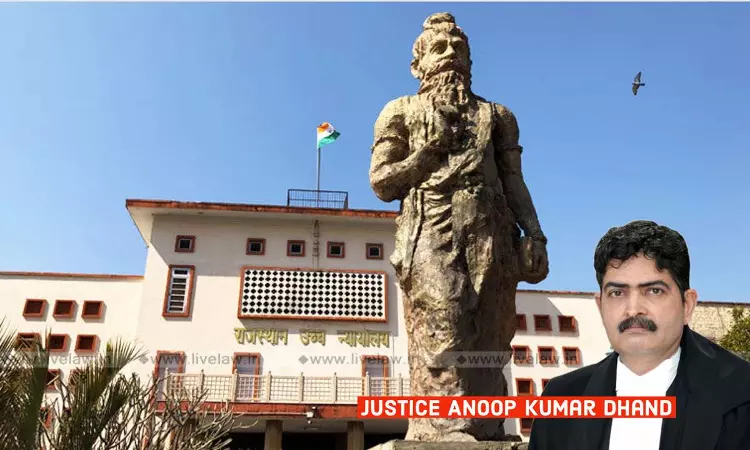Non-Compliance Of Order 41 Rule 31 CPC By Appellate Court Renders A Judgment Bad In Law: Rajasthan High Court
Sebin James
13 Dec 2023 3:00 PM IST

Next Story
13 Dec 2023 3:00 PM IST
Recently, while affirming the decision of the second appellate authority to remand the matter back to the first appellate authority for deciding the matter afresh, the Rajasthan High Court has underscored that the Appellate Court is supposed to pass a reasoned judgment as per Order 41 Rule 31 CPC.For context, Order 41 Rule 31 CPC mandates that a judgment of the appellate court should state...
